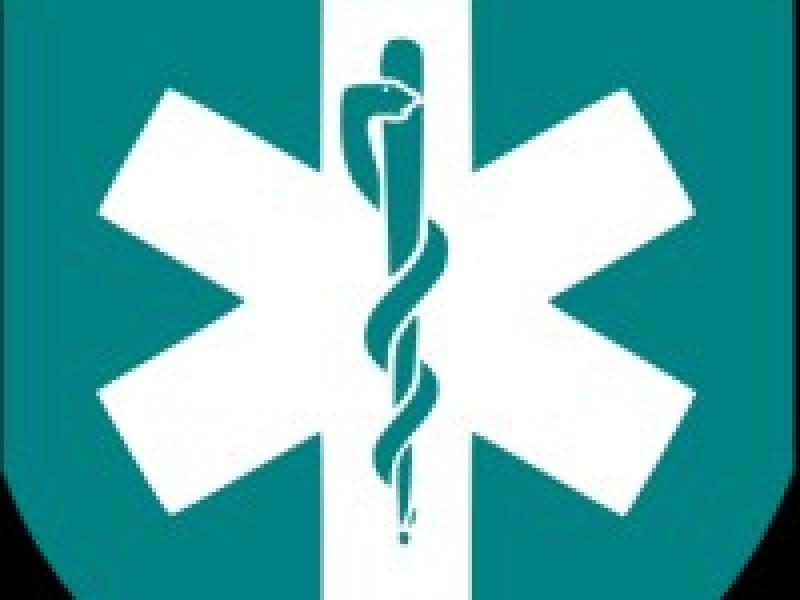
SEPTON
SECURITY PROTECTION TOOLS FOR NETWORKED MEDICAL DEVICES
Joanne Ahern
01 January 2023
31 December 2025
EC funded project
Network security for medical devices
Networked medical devices, including life-supporting or sustaining devices such as pacemakers, patient monitors and infusion pumps have played a transformational role in healthcare. At the same time, they are vulnerable to hacking and unauthorised access, potentially compromising patient safety. As such, there is an unmet need to address such security risks and safeguard patient health information and safety. The EU-funded SEPTON project aims to develop a cybersecurity toolkit capable of protecting networked medical devices. The approach will incorporate blockchain and machine learning techniques to allow for vulnerability assessment and improved data-exchange security. Results will be applicable in hospitals and other healthcare centres.
Objective
SEPTON aims to address the gap in the generic technologies and processes referring to the IT network infrastructure with a holistic approach towards reinforcing NMD security within the healthcare centre premises. The project will advance cutting-edge solutions in healthcare cybersecurity targeting the aforementioned health providers and particularly focusing on networked medical devices (NMDs). The SEPTON approach will result in a comprehensive cybersecurity toolkit providing tools and mechanisms to be used in hospitals and care centres for a) the protection of networked medical devices, including wearable and implantable devices, and using techniques such as polymorphism b) the secure and privacy preserving data exchanges between NMDs, utilising techniques such as blockchain, differential privacy and encryption c) behavioural anomaly detection, utilising a cybersecurity analytics framework coupled with machine learning techniques and hardware acceleration for increased performance and d) NMD vulnerability assessment. The usability of the proposed solutions will be tested in a realistic setup via extensive pilot trials, facilitated by the participation of two healthcare organisations
Resources for EU Research
Resources for SMEs
News & Events
Reports
Cyberwatching.eu has received funding from the European Union’s Horizon 2020 research and innovation programme under grant agreement No 740129. The content of this website does not represent the opinion of the European Commission, and the European Commission is not responsible for any use that might be made of such content. Privacy Policy | Disclaimer / Terms and Conditions of Use

